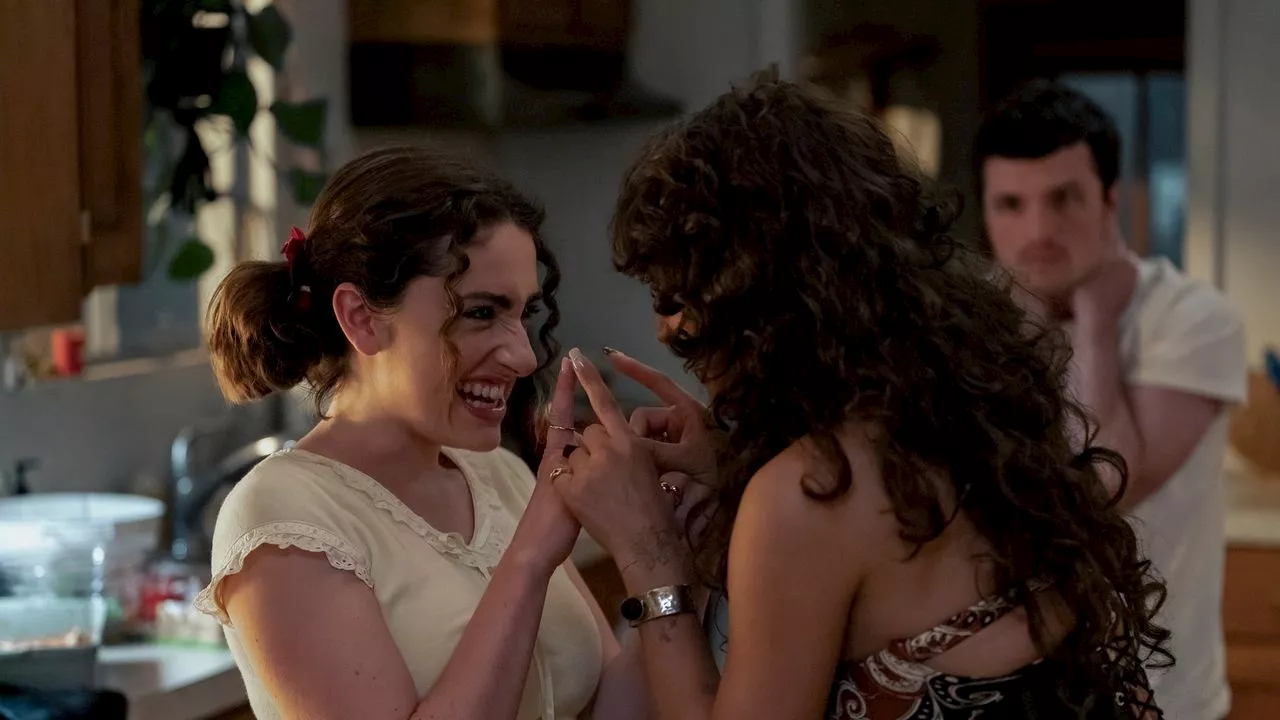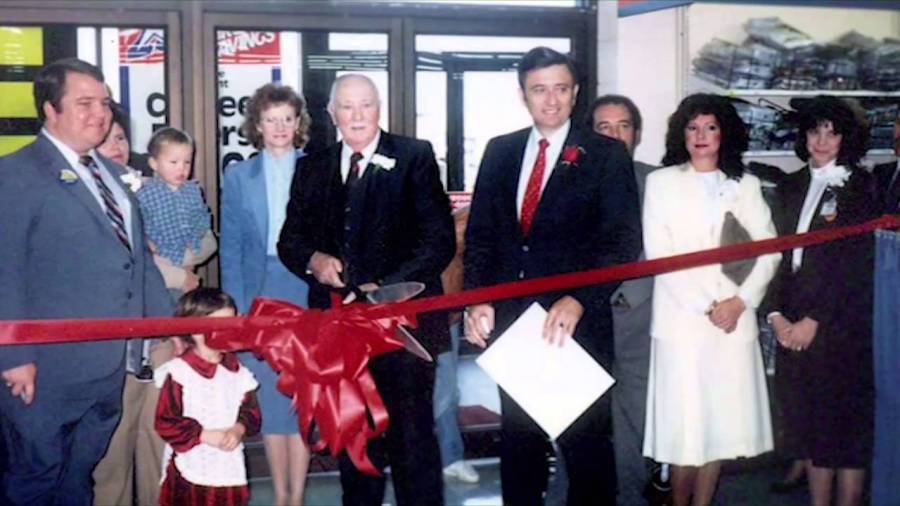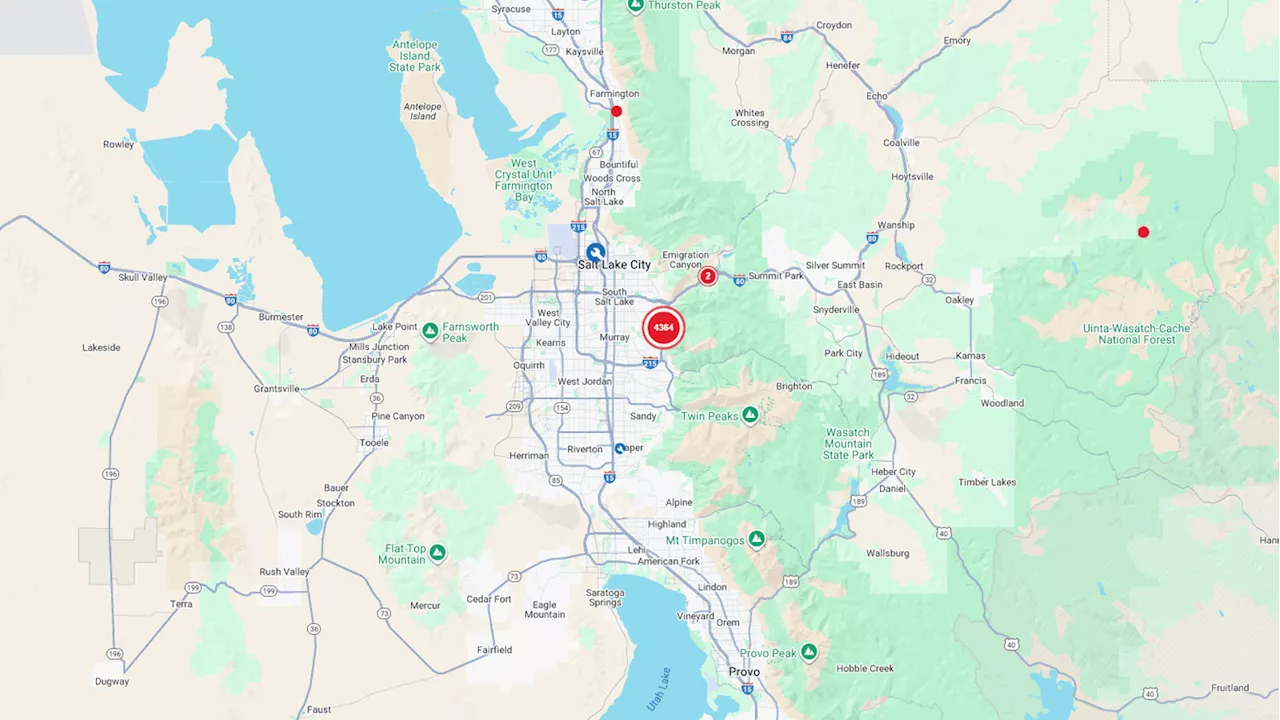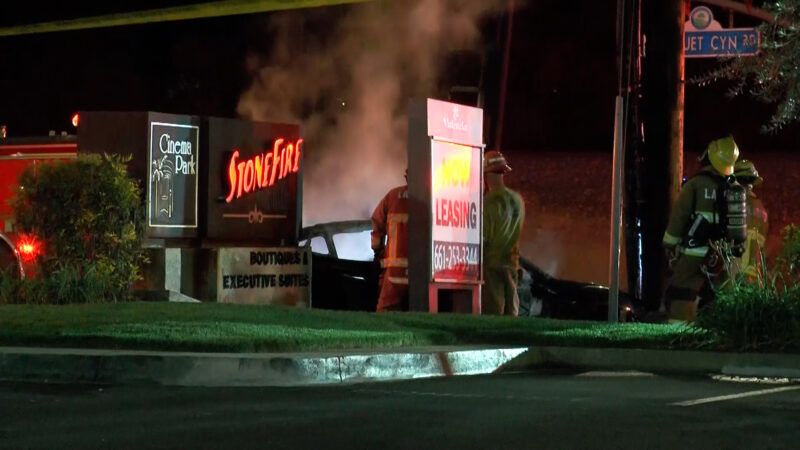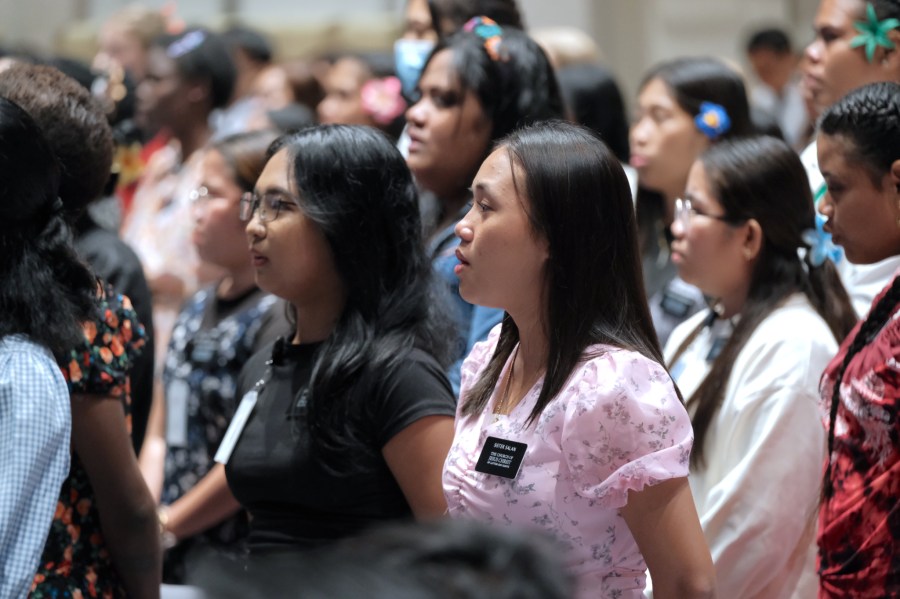BREAKING: Rachel Sennott and Odessa A’zion speak out on the heated controversy surrounding their HBO series, I Love LA, as the show ignites fierce debates online about its portrayal of flawed characters and social dynamics in Los Angeles.
Just announced, Sennott emphasizes the urgency of the discussion: Is I Love LA a realistic depiction of gentrification and social climbing, or does it merely glorify toxic behaviors? The show’s narrative centers on the chaotic friendship between talent manager Maya and influencer Tallulah, alongside their circle of self-absorbed friends, generating mixed reactions from viewers.
Set against the backdrop of Los Angeles, the series reflects a generation grappling with identity and ambition. Critics are questioning whether the show offers a genuine reflection of modern life or if it falls flat as a commentary on young adulthood. “I would rather have an interesting character that starts conversation than a character that’s perfect,” Sennott stated, challenging the audience’s expectations for moral purity in storytelling.
A’zion echoed this sentiment, highlighting the importance of flawed characters in driving relatable narratives. “It’s just representing flawed people,” she said, stressing that the humor in their imperfections resonates deeply with audiences seeking authenticity.
The show, which has been described as a “nightmarish” version of acclaimed series like Girls and Insecure, also delves into the complexities of its characters. Sennott describes Maya and Tallulah as two amplified versions of her own persona, reflecting the struggles of navigating life in a demanding city. “I felt really out of control of my life and isolated,” she revealed.
With its release, I Love LA has sparked discussions about the portrayal of young people in media. Sennott and A’zion emphasize that the writers’ room approached character development with “empathy and nuance,” acknowledging that no one is entirely good or bad. Sennott stated, “It’s all a spectrum, and every character has their good moments and their bad moments.”
The character Alani, the only Black woman in the main cast, was developed with careful consideration, ensuring diverse perspectives were included in the writing process. “Writers’ rooms are so important,” Sennott asserted, indicating the deliberate effort to portray diverse experiences authentically.
As viewers tune in, the conversation around I Love LA continues to evolve, with episode one already stirring debates about character motivations and their implications. A’zion reflected on the complexities of Tallulah’s character, noting her loyalty juxtaposed with her obliviousness to the impact of her words on friends. “It’s like, ‘B*tch, that is so rude,’” A’zion remarked, encapsulating the show’s blend of humor and harsh reality.
With the series now streaming, audiences are encouraged to engage in this discourse, sharing their thoughts on social media as the conversation around I Love LA unfolds. What’s next for the series and its characters remains to be seen, but one thing is clear: the impact of flawed narratives is resonating far beyond the screen.
Stay tuned for more updates on this developing story as I Love LA continues to challenge perceptions and ignite discussions about the realities of young adult life in the City of Angels.

